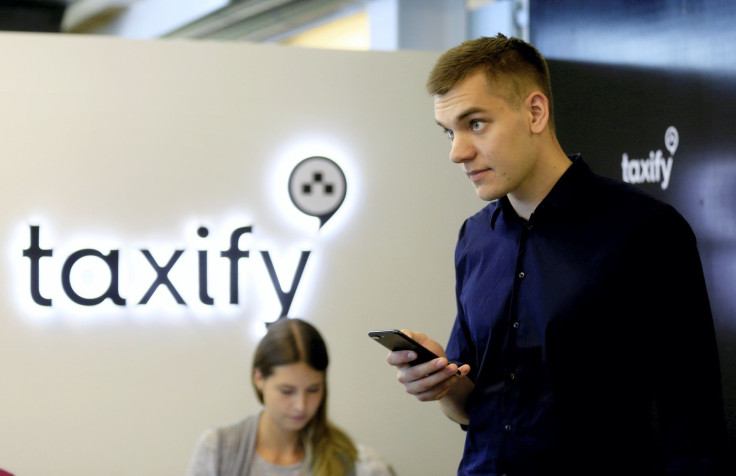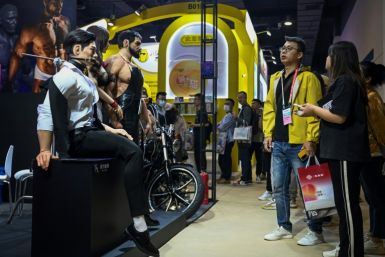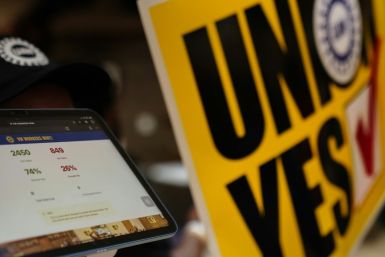Taxify in Australia: Capped price surge, lower rates than Uber

Taxify is now in Australia, and it could be Uber’s downfall. The Estonian ride-sharing company wants to be different from the others by offering about 5 percent cheaper rates.
The company has already signed up 4,000 drivers this week as it launches in Sydney. It vows to be the better choice for drivers to work for by taking only a 15 percent commission. In contrast, Uber takes about 25 percent from drivers.
Taxify will give riders 50 percent fare discount in its first month of operation in Australia. It also plans to offer 5 percent cheaper fare than Uber and taxis.
On New Year’s Eve when the demand for taxis and Uber are at its peak, Taxify will also have a price surge, but it will be capped at 1.5 times the usual rate. Uber’s infamous NYE price surge costs riders as high as 9.9 times typical rates.
Samuel Raciti, Taxify Australia’s country manager, said the company will launch in Melbourne before Christmas. It is in the final stages of working with the Taxi Services Commission as well. With Uber already somewhat established in the country, Taxify would have to double its effort to lure passengers to use its app. However, Raciti said he was “not really concerned” with their rival’s reaction.
“We are here to break a monopoly,” he told Sydney Morning Herald. “Everyone wants choice and that is what we are here to provide.”
“Sydney is a huge and vibrant city, and we are excited to launch in the Australian market,” Markus Villig, the founder and CEO of Taxify, said in a statement. “We are confident that locals are looking for an alternative ride-sharing option, and Taxify is committed to providing both riders and drivers with what they want.”
Taxify wouldn’t make the same mistake as Uber, though, Villig said. He told the Australian Financial Review that as the company is still in its primary stages, it is the time to set values, which Uber had ignored as it grew in the market. “As Uber scaled quickly, it didn’t pay attention to cultural values. So we’re putting a lot of effort into hiring and leading by example.”
Villig founded the company in 2013. It has had a rough launch in London earlier this year after being forced to suspend its operations for three days for failing to secure proper licences as a private-hire taxi operator. It also met strong resistance from cab drivers in Paris after its launch in October.
Nevertheless, Taxify is expected to report a turnover of US$1 billion (AU$1.3 billion) for 2018 after acquiring over 100,000 drivers and millions of riders. It operates in 19 countries in Central and Eastern Europe and in Africa through a smartphone app like Uber. Chinese ride-sharing company Didi Chuxing invested an undisclosed amount in Taxify in 2017.






